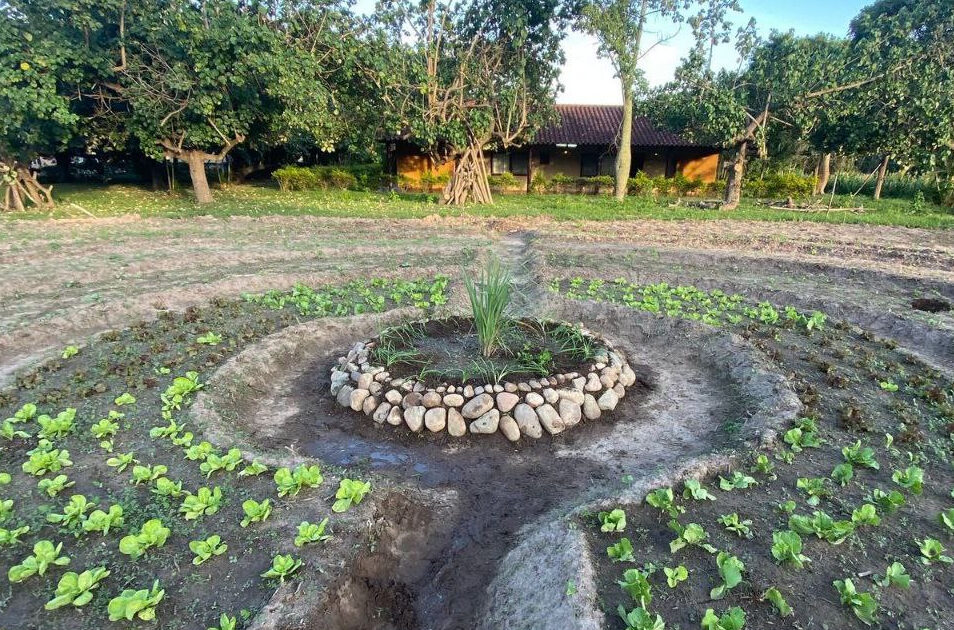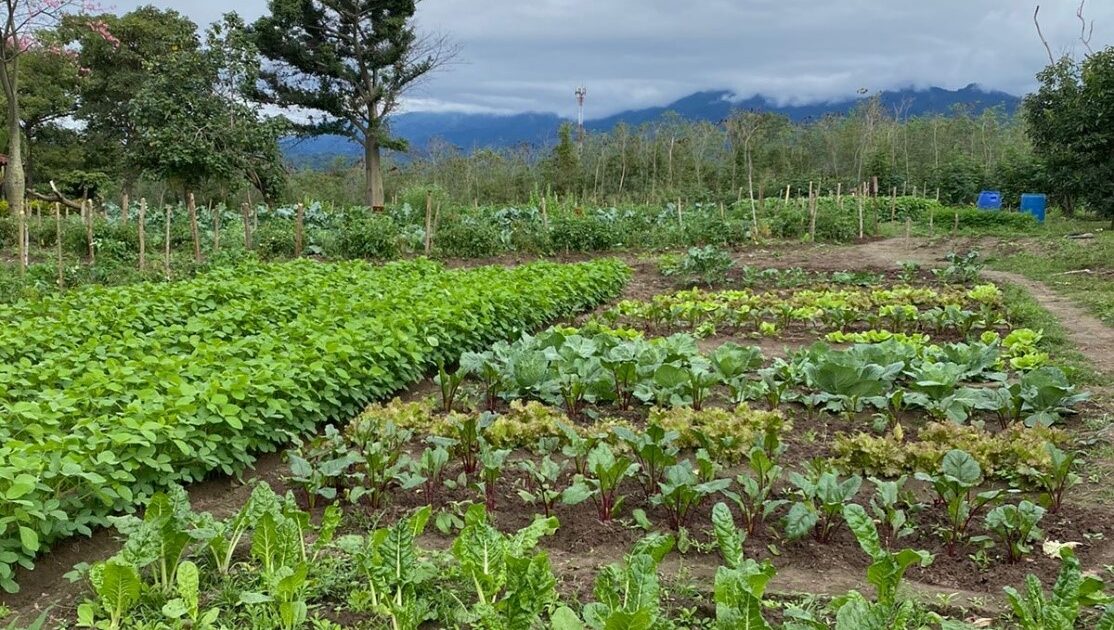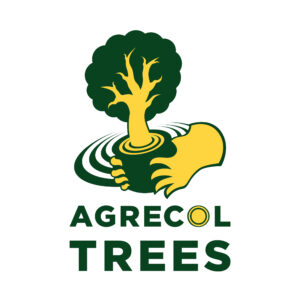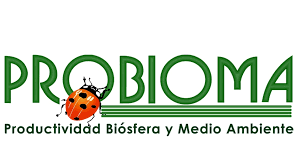Miguel Crespo
July 15, 2022

Today, agriculture’s global and national context forces the whole civil society to reflect about the present and future of food production. The paradigm of what food security and sovereignty means need to be understood and put into practice beyond the talks and recommendations that are repeatedly mentioned in international forums and policies.
Despite it is embedded in the country’s constitution and stressed by several national laws and regulations, Bolivia’s food security and sovereignty is not fulfilled and seem to remain only on paper. Bolivia is and continues to be an agroextractivist country that promotes the production of commodity crops. Soybean is one of them. Transgenic soybeans occupy 35 % of the total cultivated area in Bolivia [1] at the expense of other more importantcropsfor the internal market and the nutrition of the population (i.e., cereals, tubers, fruits, vegetables, energizers).
Paradoxically, Bolivia imports these foods for a value of approximately US$ 773 million [2]. In a country considered among the 11 richest countries for biodiversity, this scandal reflects how international corporations owning transgenic seeds and agrochemical products have subordinated Bolivian policies to their interests.
Unfortunately, schools and educational centers also seems to have been affected by the interests of agribusinesses [3], testified by a high number of students being in favor of the use of transgenic seeds and agrochemicals.
Worsened for several decades, this situation has led to food production failure and global market speculation but paved the way for a strong outburst of agroecology. The non-governmental organization PROBIOMA-PROBIOTEC is one of the institutions that has been supporting and promoting this new type of farming. Accredited by the International Network of Analog Forestry (“RIFA”), its agroecological farm established in San Luís, about 50 kilometers from Santa Cruz de la Sierra, has become an important reference for agroecological production in the Bolivian Amazon.

Fig. 1: View of the agroecological farm in San Luís on a bright sunny day (GreenMarked. San Luís – Santa Cruz de la Sierra, Bolivia. June 2022).
During the last six years, PROBIOMA-PROBIOTEC has been promoting agroecological field practices to agronomy students from public and private universities. Thanks to an intense field-based traineeship program of four-to-five months at the farm, students can prepare their thesis on a specific agroecological crop or process. In this way, students can experience innovative and ecofriendly agricultural and forestry practices – not only theories – and acquire new technical skills to become competent ecological agronomists, environmental engineers and biotech researchers of the future.
An example of traineeship experience we should mention is the work carried out by two students from the private University of UCEBOL. In May, students Dora Cruz Coronado and Christian Zabala supported the establishment of an agroecological plant nursery for the production of fruit and native forest trees. The trees will be transferred in September – December to the farming communities of the Chiquitanía region, which has been severely hit by recent forest fires and lost hundreds of forest hectares [3]. Financially sustained by GreenMarked’s “Agrecol Trees – Chiquitanía” project, this initiative not only supports agroecological education but also responds to local society’s social and environmental needs.
Thanks to the differentiation of organic trees and by embodying the agroecological approach and vision, this new type of Bolivian-Italian collaboration effectively tackles both biodiversity conservation and food security and sovereignty.

Fig. 2: Organic soybean in association with organic vegetables at PROBIOMA-PROBIOTEC’s agroecological farm (GreenMarked. San Luís – Santa Cruz de la Sierra, Bolivia. June 2022).
Cover photo: Front view of PROBIOMA-PROBIOTEC’s agroecological farm (GreenMarked. San Luís – Santa Cruz de la Sierra, Bolivia. June 2022).
Preview photo: View of the mandala vegetable garden at PROBIOMA-PROBIOTEC’s agroecological farm (GreenMarked. San Luís – Santa Cruz de la Sierra, Bolivia. June 2022).
References:
[1] PROBIOMA. (2021, December). PROBIOMA impulsa el fortalecimiento de la producción de alimentos desde las comunidades. Agroeco noticias. https://web.probioma.org.bo/index.php/component/joomdoc/doc_download/275-agroeconoticias-15
[2] Miller, M. L., Santos Ferreira, S., Löbmann, M., Schermer, M., Foschiera, A., & Zerbe, S. (2022). An outlook on the future of Brazilian agriculture: how farming students of Tocantins perceive sustainability in the Cerrado. Brazilian Journal of Environmental Sciences (Online), 57(2), 215-229. https://doi.org/10.5327/Z2176-94781328
[3] PROBIOMA. (2020). El modelo agropecuario global que enferma, contamina y no alimenta. https://web.probioma.org.bo/index.php/component/joomdoc/doc_download/251-probioma-bolivia
[4] ABT. (2021, May 11). Audiencia Pública Final de Rendición de Cuentas Gestión 2020. http://abt.gob.bo/images/stories/audienciaPublica/2020/final2020/informe.pdf
This article was written for the “Agrecol Trees – Chiquitanía” project, funded by GreenMarked and implemented by PROBIOMA-PROBIOTEC.
Edited by:
Daniela Romero Romay and Mark L. Miller





